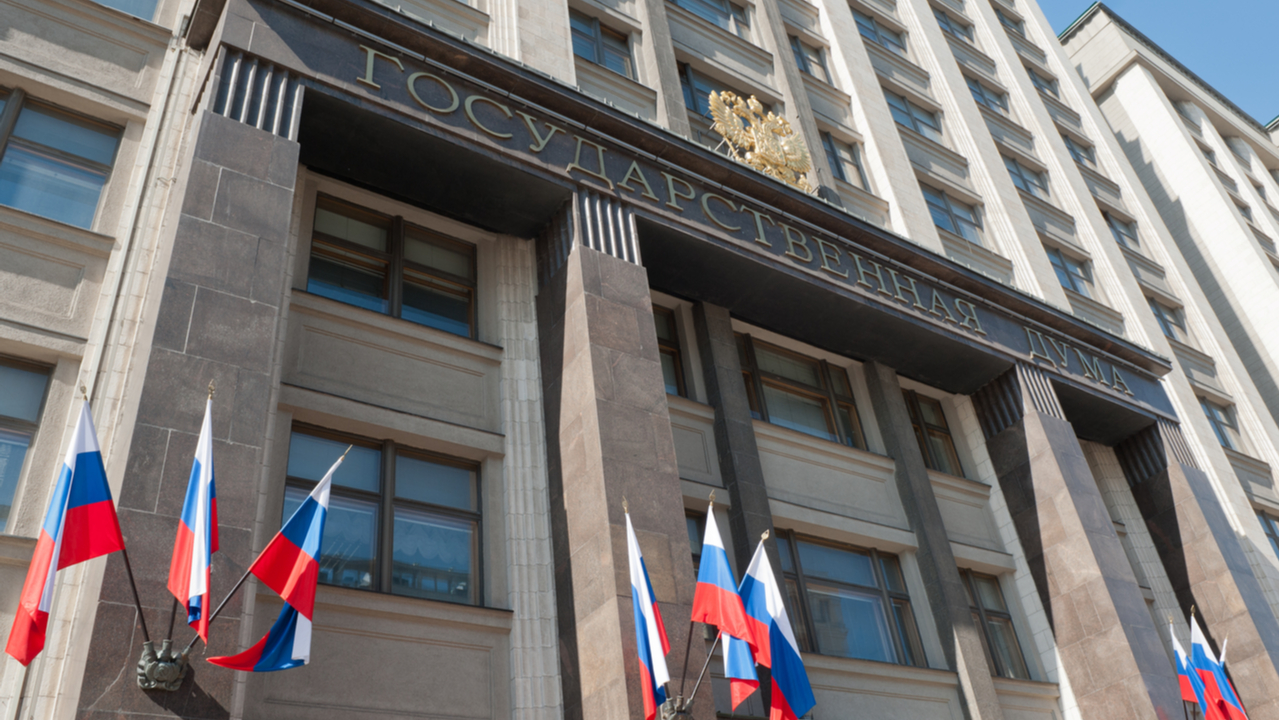The chairman of the Russian Parliamentary Committee on Financial Markets and the first drafter of the country’s crypto law predicts an “increase in token issuance” in 2021, after the release is expected in January.
The Russian parliament expects token issuance to increase in 2021 following the promulgation of the crypto law
According to the parliament, Anatoly Aksakov has claimed that a “large number of large companies” have asked the State Duma (Russian parliament) to pass the law as soon as possible. He also adds that such companies are planning to issue stablecoins.
The crypto law “On Digital Financial Assets” is expected to be announced on January 1, 2021. Additionally, the report suggests that companies showing an interest in crypto regulation are linked to the financial sector. Many of them are also concerned with the exploitation of minerals trying to symbolize their processes.
However, legislature didn’t just talk about the general status of the crypto law when referring to the digital ruble, stating that many parliamentarians are still debating issues related to such digital assets:
In my view, the digital ruble is one of the future forms of our ruble and should help develop the financial asset market.
Definition of cryptocurrencies in Russian law
On July 31, 2020, Russian President Vladimir Putin signed the “Crypto Law” approved by the State Duma, the lower house of the Russian Parliament, on July 22, and by the Federation Council on July 24.
As reported by news.Bitcoin.com, the law of digital currency gives a definition that “it is recognized as a collection of electronic data that can be accepted as a means of payment, and not as the currency unit of the Russian Federation or a foreign state and as an investment. “
However, it is added that cryptocurrencies “cannot be used to pay for goods and services at the same time”.
In addition, on November 13, 2020, the Russian Ministry of Finance announced new changes to the country’s cryptocurrency regulation, which set a new set of rules for cryptocurrency owners, exchanges and miners.
What do you think of the opinion of the non-profit organization? Let us know in the comments below.
Photo credit: Shutterstock, Pixabay, Wiki Commons

